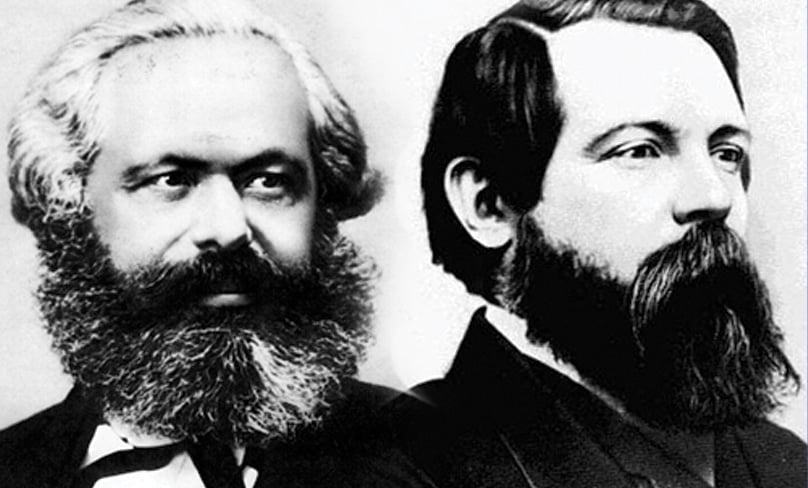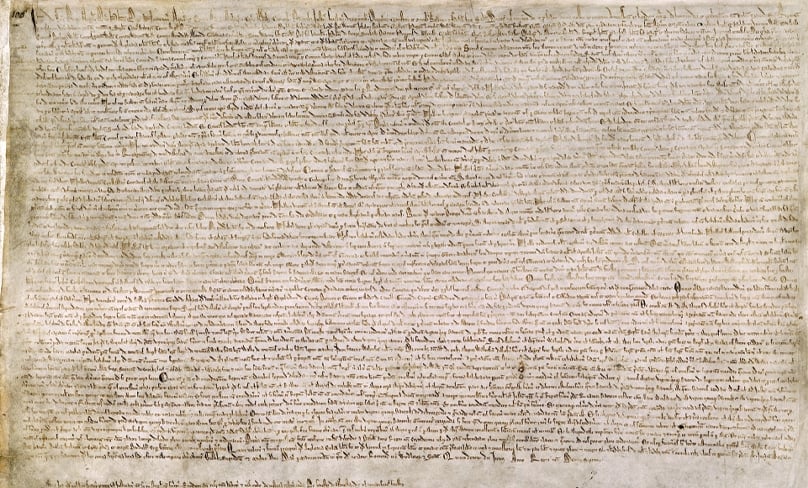
What does it mean to be a conservative? Such are the tumultuous times we now live in where Western societies across the globe, including Australia, are condemned as misogynist and exploitative, statues destroyed, history rewritten, children’s stories banned and society attacked for being structurally racist and sexist the question is far from academic.
Answering the question is especially vital, given the argument pushed by cancel culture activists that Western civilisation is so corrupt and guilty of so many sins that there is nothing worthwhile to hold on to, while the only way forward is to embrace revolutionary change leading to a new world based on neo-Marxist inspired ideology, a utopia where inequality and disadvantage no longer exist, all live in peace and harmony and where the injustices of the past have been eradicated.
This picture is described by Augusto Del Noce in The Crisis of Modernity as a revolutionary ideal “in which nothing will resemble the old history”.
Such is the forward looking and epochal nature of this new world order that the West’s past is condemned as irrelevant and obsolete and those who disagree are attacked as antiquated and always resistant to change.
“… conservatism should not be confused with being reactionary. Reactionaries see no value in the present but yearn for a lost golden age when all co-existed in peace and oneness with nature.”
Nothing could be further from the truth. As argued by Del Noce, conservatism should not be confused with being reactionary. Reactionaries see no value in the present but yearn for a lost golden age when all co-existed in peace and oneness with nature. Both Rousseau’s concept of the noble savage and the ways in which Aboriginal culture pre-European settlement is idolised as harmonious and without discord or struggle are two examples.
While it’s true conservatives value the past, in the words of the English philosopher Michael Oakeshott they also “delight in what is present”. Instead of denying innovation and change, conservatives like Oakeshott suggest that to fully understand the present and to be in a position to positively shape the future we need to acknowledge “the inheritance of the past”.
On every index of freedom, Western liberal democracies head the list. To protect such freedom, citizens must appreciate how such liberties and rights did not happen by accident but gradually evolved over hundreds of years.
The New Testament and seminal documents like the Magna Carta, William Blackstone’s Commentaries on the Laws of England and concepts like the presumption of innocence, universal suffrage, popular sovereignty and the separation of powers are central to appreciating and safeguarding what is now too easily taken for granted.

By its very nature – and as proven by the French Revolution and its reign of terror, Stalin’s forced collectivisation, Mao’s cultural revolution and Pol Pot’s return to Year Zero – revolutionary change is inhumane, destructive, destabilising and always leads to loss of freedom, privation, suffering and death.
Whenever cultural-left ideologues argue radical change is inevitable and necessary, conservatives like Oakeshott argue the test must be that whatever is proposed respects the wisdom of the past, cannot be based on an idealised utopian vision, cannot be all-encompassing, cannot have unintended harmful consequences and the “disruption entailed (must) be set against the benefits anticipated”.
One current example includes the transgender campaign to convince school-age children that society is transphobic, that there is nothing dangerous about puberty blockers or radical surgery and that a person’s gender is a purely social construct not based on human biology.
The recent British High Court’s decision to stop gender clinics dispensing puberty blockers to children under the age of 16 and the reality that later in life many who have undergone radical surgery regret the decision prove that not all change is beneficial.
“One of the defining characteristics of cancel culture and political correctness is cognitive dissonance; defined as the ability to believe two or more conflicting ideas at the same time and not realise that they are incompatible.”
Similarly, the decision by the UK government and state governments in Australia to impose draconian lockdowns denying essential freedoms ignores harmful unintended consequences such as increased bankruptcy and unemployment, higher levels of anxiety and depression and lower education standards as a result of closing schools.
As noted by the late British cultural critic Roger Scruton in his book Conservatism, “human beings come into this world burdened by obligations, and subject to institutions and traditions that contain within them a precious inheritance of wisdom, without which the exercise of freedom is as likely to destroy human rights and entitlements as to enhance them”.
One of the defining characteristics of cancel culture and political correctness is cognitive dissonance; defined as the ability to believe two or more conflicting ideas at the same time and not realise that they are incompatible.
At the same time, the cultural-left argues it’s wrong to acknowledge and celebrate Western civilisation as there is nothing of value in the past and the focus must be on achieving a future utopia. Activists praise and idolise Aboriginal culture and history as it existed before the arrival of the First Fleet and the establishment of a penal colony.
Related:
